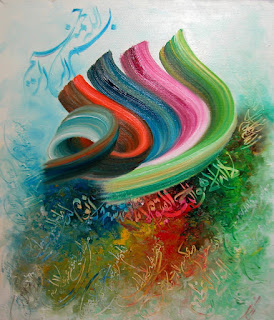Reading Shahab Ahmad

Reorienting certain debates on the meaning and constructions of Islam today. Sectarianism in Muslims is mostly a product of ignorance and vested interests. How far it is a product of ignorance is documented by Shahab Ahmed in his What is Islam , one of the really great works on Islam that is destined to be influential and help reorient certain debates on the meaning and constructions of Islam today. First a few remarks on the author and the book. Shahab Ahmad knew 15 languages including the most important classical languages in which Islamic tradition is expressed. He is extremely careful with regard to sources he quotes and usually deals with original sources and classical authorities to build his arguments. There is little by way of his own interpretation and much by way of letting authorities and little noticed scholars speak in their own words. He asks questions after piling huge mass of facts and marginalized scholars. Let us read him, as he reads others, respectfully and




